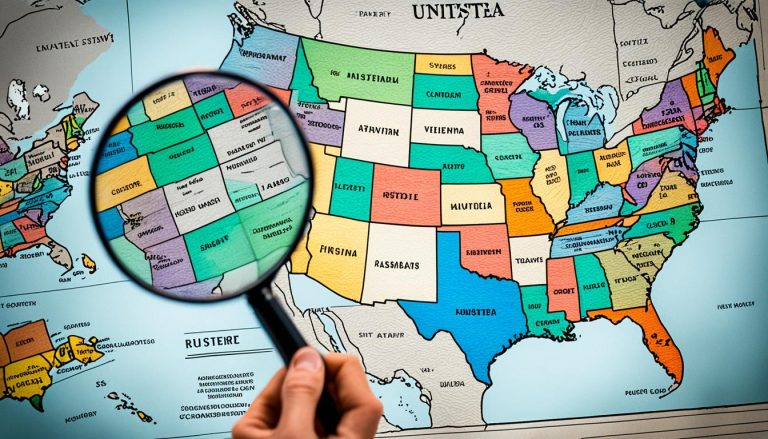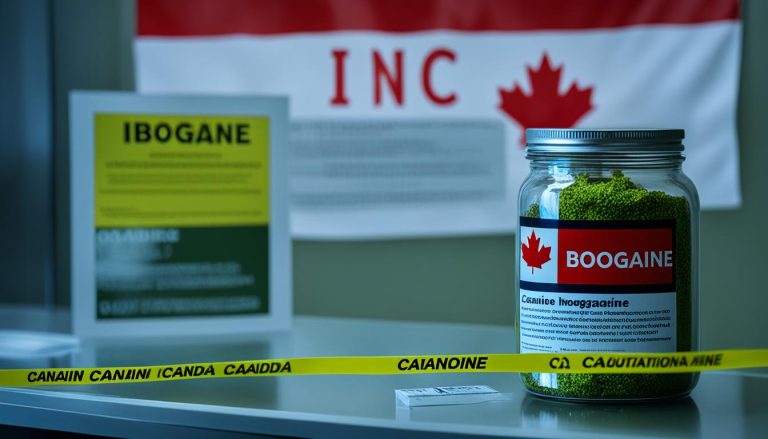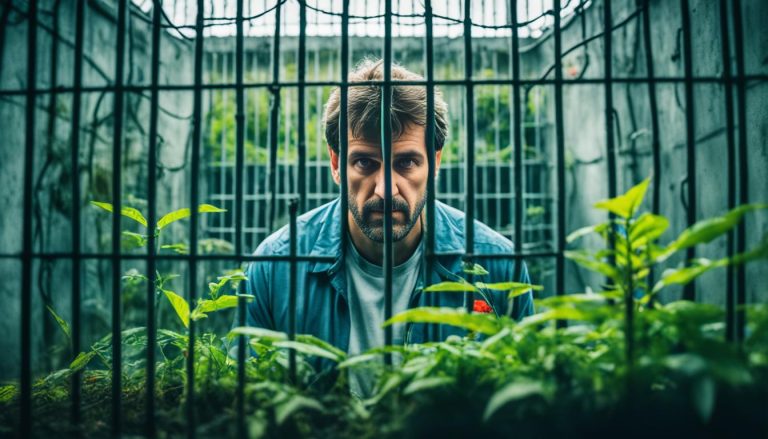Is Ibogaine Legal In Uk?
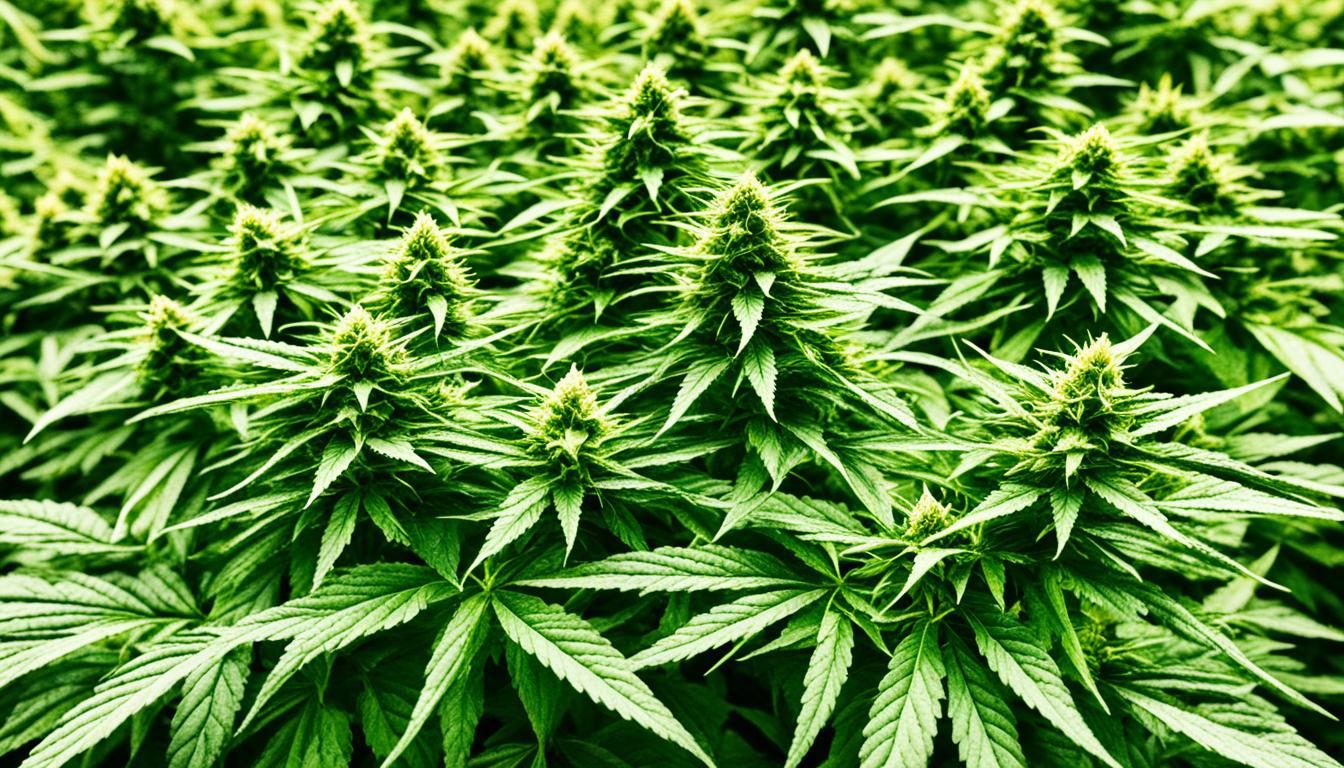
Ibogaine is a naturally occurring psychoactive substance that has sparked a lot of debate. The question of its legal status in the UK is not simple. This is due to the complex laws surrounding hallucinogenic substances in Britain.
As a substance that could help with certain therapies but also carries risks, its legal situation is complicated. The UK’s drug laws show the difficult balance between potential benefits and safety concerns regarding ibogaine.
Key Takeaways
- Ibogaine is a psychoactive substance with debated legal status in the UK.
- The UK’s legal framework for hallucinogenic substances is complex and nuanced.
- Understanding ibogaine’s classification can help clarify its legality.
- Ibogaine’s potential therapeutic benefits contrast with its legal restrictions.
- Current legislation may lack specific references to ibogaine, adding to the ambiguity.
Understanding Ibogaine: What It Is and Uses
Ibogaine comes from the Tabernanthe iboga plant and intrigues many for its special healing abilities. Knowing what ibogaine is helps understand its standing under psychedelic drug laws uk and ibogaine regulations uk. It has a rich history and various uses.
What is Ibogaine?
Ibogaine is found in the root bark of the African Tabernanthe iboga plant. It’s known for its mind-altering effects. Unlike other psychedelics, ibogaine has unique traits. In terms of psychedelic drug laws uk, it’s in its own category because of its different effects and composition.
Uses of Ibogaine
Ibogaine is not just for fun. It’s being looked at for treating drug addictions, especially for opioids. Studies have shown it might help with addiction by changing brain patterns and easing withdrawal. It could also help with depression and PTSD, making it important in ibogaine regulations uk.
Historical Context of Ibogaine Use
In Africa, ibogaine was part of spiritual traditions, mainly with the Bwiti religion in Gabon. It was key in rituals. In the late 20th century, scientists started examining its potential to heal. Now, its position is changing under psychedelic drug laws uk, showing a blend of old cultures and new science.
| Aspect | Details |
|---|---|
| Biochemical Composition | Derived from Tabernanthe iboga plant, affects neural pathways |
| Primary Uses | Treating addiction, alleviating depression and PTSD |
| Historical Significance | Used in African spiritual practices, modern medical research |
Current UK Psychedelic Drug Laws
It’s key to know the UK’s rules on psychedelic drugs, including ibogaine. The government has strict rules for these substances. They are detailed in special laws.

Overview of Psychedelic Drug Policies
The Misuse of Drugs Act 1971 is at the center of these policies. It sorts drugs into classes by abuse potential and medical use. Ibogaine and similar substances are covered, aiming to manage their distribution and use.
Legal Classifications of Psychedelic Substances
The UK’s controlled substances act uk sorts drugs into Class A, B, and C. This decides the penalties for each class. Ivogaine’s laws in the UK place it in one of these, affecting its regulation. These categories are key in setting rules for using and studying these substances.
Ibogaine and the Controlled Substances Act UK
The ibogaine legal status UK is a key topic of debate. It touches both medical and legal fields. In the UK, ibogaine falls under a Class A drug according to the Controlled Substances Act. This puts it in a group with the strictest control due to its effects and risks.
Being a Schedule I controlled substance has big implications. It’s seen as having no medical use and a high abuse risk. This view has led to strict ibogaine rules UK. It blocks both its medical application and research.
Lately, discussions have focused on ibogaine legal status UK. Experts believe the current laws block progress in treating addiction. They push for a review of ibogaine’s classification. This could help in research and maintain public safety.
The existing rules still shape policies and enforcement actions. The goal is to weigh its possible healing power against its dangers. The tension between laws and potential health benefits continues to spark debate over ibogaine rules UK.
Is Ibogaine Legal In UK?
The rules for ibogaine in the UK are complex. Learning about the ibogaine legal status UK means looking closely at different laws. We will make the legal details around ibogaine clear and easy to understand.
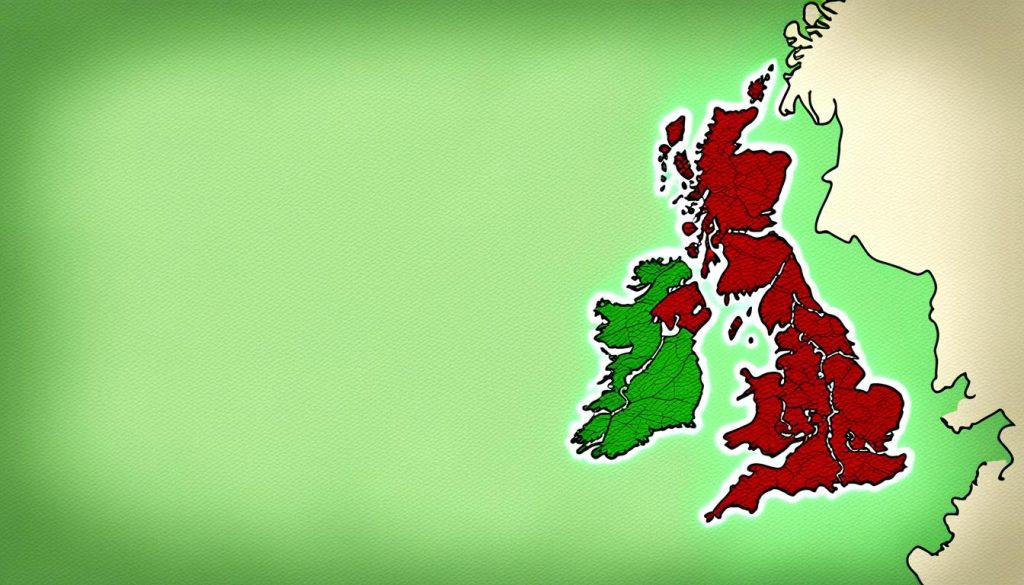
Legal Status of Ibogaine
Right now, ibogaine’s use in the UK is strictly controlled by the Misuse of Drugs Act 1971. As a Schedule I drug, it’s seen in the same light as other psychedelic drug laws UK. This means ibogaine is thought to have no medical benefit and a risk of misuse. Making, selling, or having it without the right permission is not allowed.
Comparative Analysis with Other Countries
Looking at the ibogaine legal status UK compared to other places shows some big differences. For instance:
| Country | Ibogaine Legal Status |
|---|---|
| United States | Ibogaine is not approved by the FDA; classified similarly under Schedule I. |
| Canada | Ibogaine is legal in Canada for medical purposes and research. |
| Brazil | Ibogaine is legal and regulated for treating addiction. |
| New Zealand | Ibogaine is classified under the Psychoactive Substances Act but can be used therapeutically. |
| South Africa | Ibogaine is unregulated and available for both therapeutic and personal use. |
When we compare the UK to other countries, its strict stance is clear. While some places have started to use ibogaine for healing, the UK is more cautious. They focus more on control and less on using it in medicine.
The Impact of Ibogaine Laws on Medical Research
The UK’s laws on ibogaine deeply affect medical research on this substance. Researchers find it hard to advance studies due to current rules. These regulations can either block or boost scientific progress.
Restrictions on Research and Development
Ibogaine regulations in the UK make it hard for scientists to get permission for studies. This stops them from fully exploring ibogaine’s medical uses. The tough ibogaine laws in the UK also mean less money and support for research. This limits the chance for new treatments.
The current rules stop ibogaine research from growing. Scientists must deal with many complicated legal issues.
Some researchers keep going despite these hurdles. However, progress in finding new uses for ibogaine is slow. Places with more supportive laws might move faster in this area than the UK.
Yet, scientists are pushing for changes in the ibogaine laws in the UK. They want rules that allow safe and useful research. They seek oversight that makes sense.
We need policies that consider both safety and scientific discovery. It’s crucial to not let strict laws block the benefits ibogaine research might offer society.
Implications of Ibogaine Laws for Potential Users
In the United Kingdom, laws on hallucinogens impact those thinking about or already using ibogaine. Knowing these laws is key for making smart choices.
Legal Consequences of Possession or Use
The ibogaine legal status UK means facing big risks if caught. Having or using ibogaine, a controlled drug, could lead to harsh punishments. Depending on how much you have and the situation, you might face big fines, community work, or jail.
Alternative Legal Treatments Available
Because of the tough hallucinogenic substances UK laws, those looking for ibogaine’s effects must find other legal treatments. The UK offers approved medical treatments and therapies. Choices include standard medications, counseling, and whole-health methods. They are safe, legal ways to deal with issues like addiction.
| Alternative Treatment | Description | Legality in the UK |
|---|---|---|
| Medication-Assisted Therapy (MAT) | Combines FDA-approved medications with counseling. | Legal |
| Cognitive Behavioral Therapy (CBT) | Focuses on modifying dysfunctional emotions, behaviors, and thoughts. | Legal |
| Mindfulness-Based Stress Reduction (MBSR) | Uses mindfulness meditation to alleviate stress and other conditions. | Legal |
Dealing with the ibogaine legal status UK may seem hard, but it’s important to know legal treatment options. This knowledge is crucial for those wanting help within the law’s limits.
Conclusion
Is ibogaine legal in the UK? This question guides us through complex laws. We looked closely at what ibogaine is, its uses, and UK’s rules on psychedelic drugs. We explored how ibogaine is treated by the Controlled Substances Act. The legal puzzle of ibogaine’s status in the UK has been made clear.
The UK sees ibogaine with tight limits, affecting research and its use in treatment. Still, there’s a worldwide talk on changing drug policies. Through looking at other nations, we see different views on ibogaine.
In the UK, people using ibogaine could face harsh penalties. This highlights the dangers of having or using it. Yet, there are other legal treatments available for those looking for help. The future of ibogaine in the UK is not certain. But, talks continue and drug policies around the world are changing. This could open doors for change. The ongoing question, is ibogaine legal in the UK?, keeps bringing up debates. It poses questions and hurdles for those making laws, studying, and using ibogaine.

